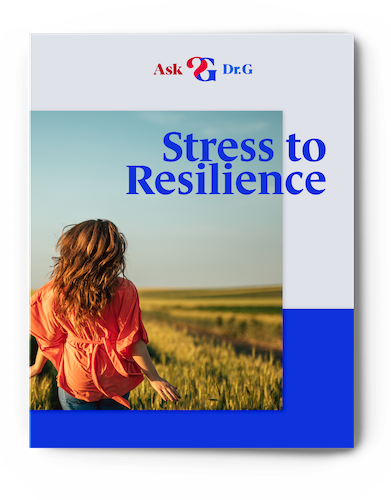In response to 3rd Grade Boy Kissed Against His Will, a mom wrote:
Oh, I can so relate to this post. The same thing happened to my son in the 3rd grade, only two other boys held him down so the girl, one of the boys’ sister, could kiss my protesting son. He was incredibly upset about it. (It was at school on the yard.)
I called the mother of the boy and girl involved to inform her so she could discuss w/ her children. To my dismay, her only reaction was, “Boys will be boys,” and she couldn’t understand why it was an issue. That upset me b/c whether or not she felt it was a problem, we need to teach our children to respect others’ feelings, not to mention others’ bodies.
Great advice as always, Doc. Do you have tips for parents of a child who is on the giving side of an unwanted kiss or touch?
Jennifer, in CA
Just say “No kissing!” OK, not really. First of all, we don’t mean it, right? Second of all, it is way more complicated than that! And thirdly, we can guide our children much better if we understand WHY they are doing the kissing.
What?! We don’t mean it? Of course we don’t. We all imagine our kids will kiss someone someday! Probably a fair number of someones. And, we’re even more hypocritical than that. We often force our kids to endure kisses they don’t want, and we expect them to do so gracefully. From dear (but terrifying) Great-Aunt Hildy, from a beloved preschool teacher we run into at a store, from their adoring… parents.
So how is it more complicated than “No kissing?” Well, kisses are a form of communication in society and have lots of meanings. Unlike hitting, kissing can mean hello, welcome, goodbye, I love you, I am related to you, I missed you, I would like to be intimate with you, I want to marry you (watch ANY fairy tale), I’m sorry, I’m leaving you, I feel responsible for you, you will submit to me, I can’t help myself around you, the list goes on. No wonder kids – even young kids – want to experiment with this, and often mix the signals terribly.
First, find out why the child did whatever it was that isn’t acceptable. Whether they touched or kissed someone against their will, a simple rule like “No kissing!” is useful really only for 2-3 year olds. And who is telling their 2 year old they mustn’t ever kiss? So, since we expect kids to learn shades of gray, we have to be more communicative about the guidelines.
What was the child trying to say with the kiss? Ask that question and you’ll know which direction to go with your guidance.
Secondly, explain that kissing (and touching) requires permission. I don’t care how old the participants are, there is nothing bad and a lot good out of asking, “May I kiss you?” before the first time you kiss someone. For the guys reading this who think that’s lame, ask a woman in your life how that question would make her feel. Usually the answer is “Special.” Gender makes no difference here. Also, it is EXCELLENT training for teens to never increase intimacy without spoken permission. That cuts down on nasty accusations later.
Lastly, give them some tools for getting the outcome they wanted without the physical contact. If your kisser wanted to let the other person know she loves him, encourage her to use her words. If her intention was to “get him back” about something, help her with other forms of conflict resolution.
This is a great opportunity to learn more about your child and guide their character development. There is some really interesting conversation waiting to happen, but “No kissing” really won’t get that started.



